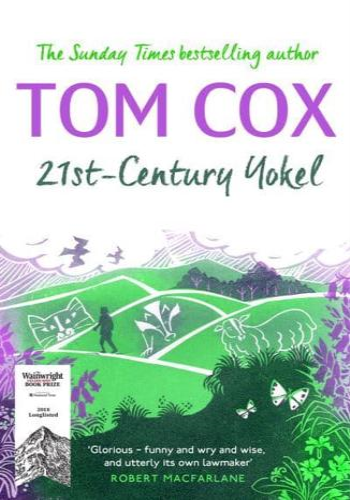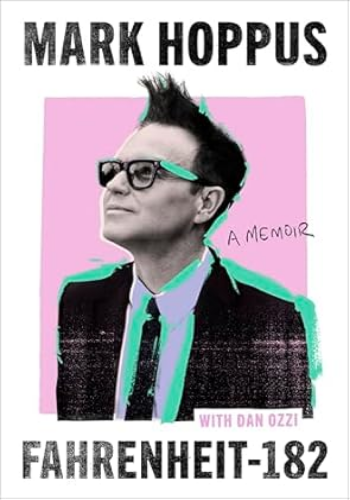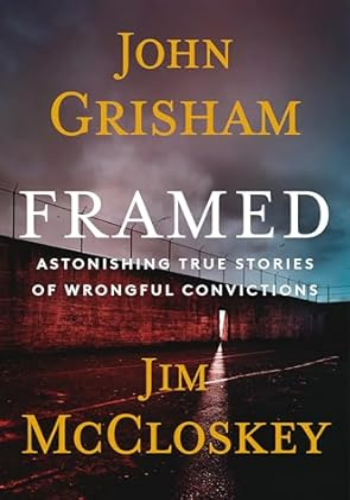'Glorious - funny and wry and wise, and utterly its own lawmaker' Robert Macfarlane
'A rich, strange, oddly glorious brew' Guardian
Longlisted for the Wainwright Golden Beer Book Prize 2018
21st-Century Yokel is not quite nature writing, not quite a family memoir, not quite a book about walking, not quite a collection of humorous essays, but a bit of all five.
Thick with owls and badgers, oak trees and wood piles, scarecrows and ghosts, and Tom Cox's loud and excitable dad, this book is full of the folklore of several counties - the ancient kind and the everyday variety - as well as wild places, mystical spots and curious objects. Emerging from this focus on the detail are themes that are broader and bigger and more important than ever.
Tom's writing treads a new path, one that has a lot in common with a rambling country walk; it's bewitched by fresh air and big skies, intrepid in minor ways, haunted by weather and old stories and the spooky edges of the outdoors, restless and prone to a few detours, but it always reaches its destination in the end.







